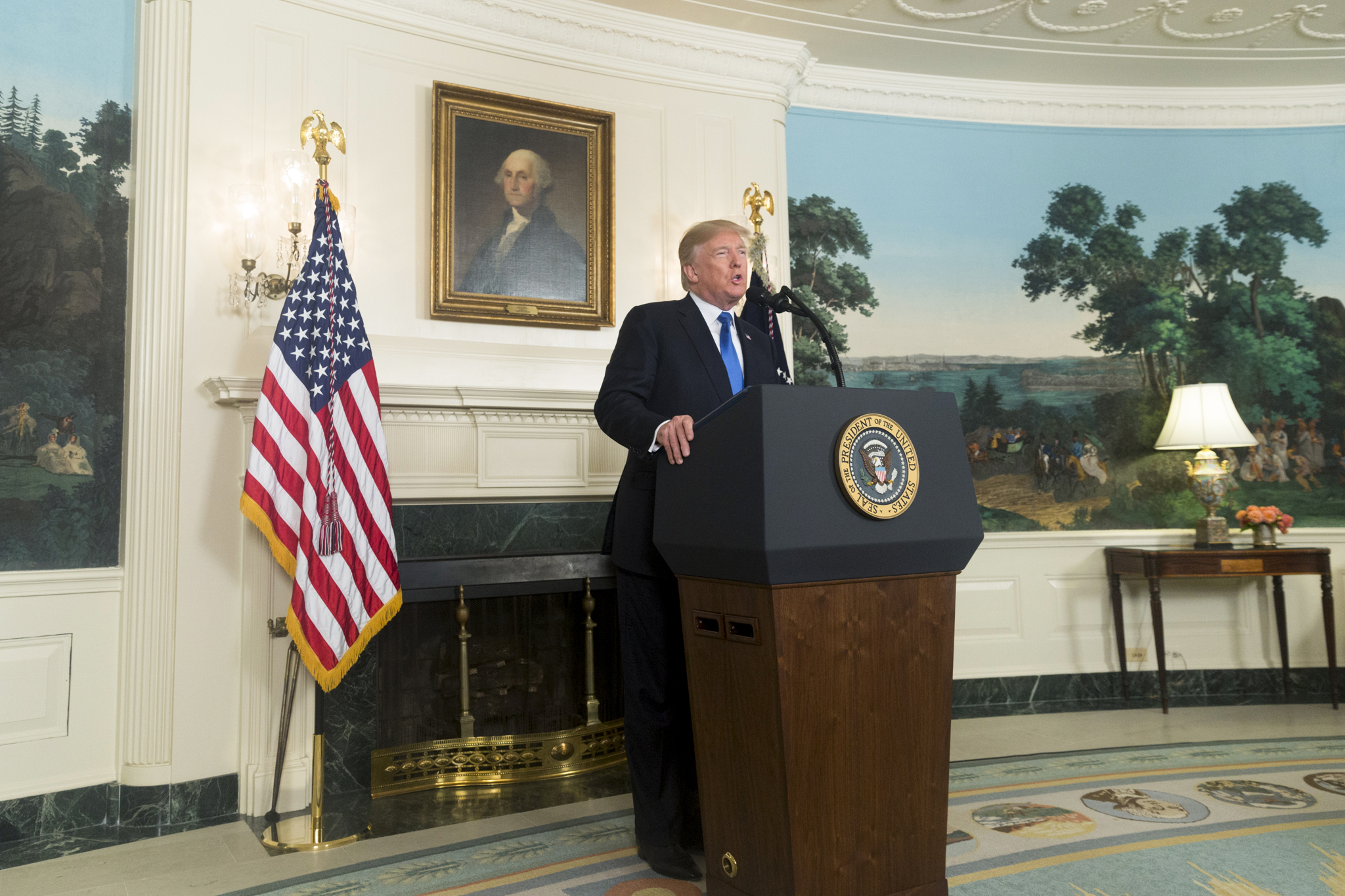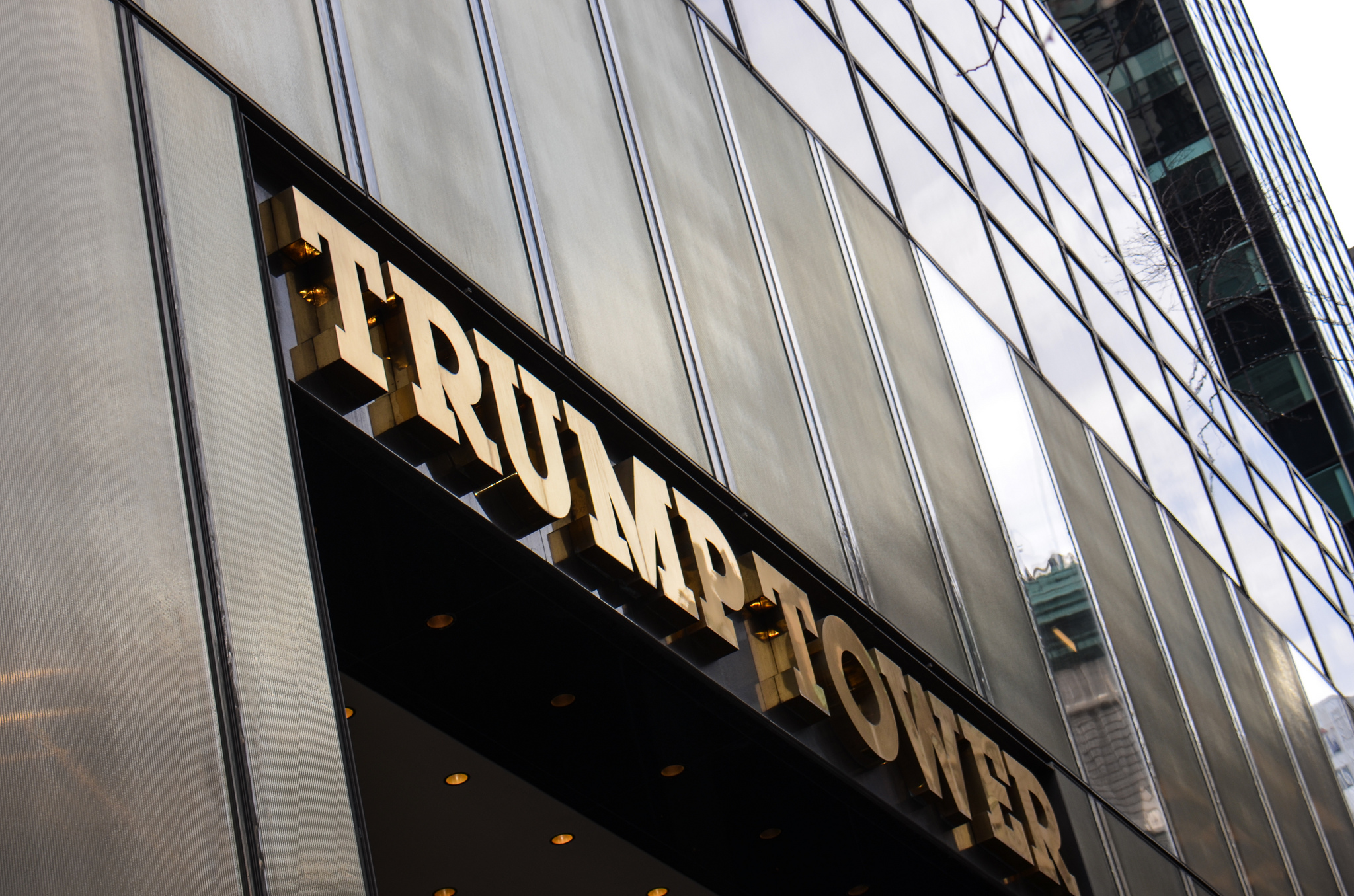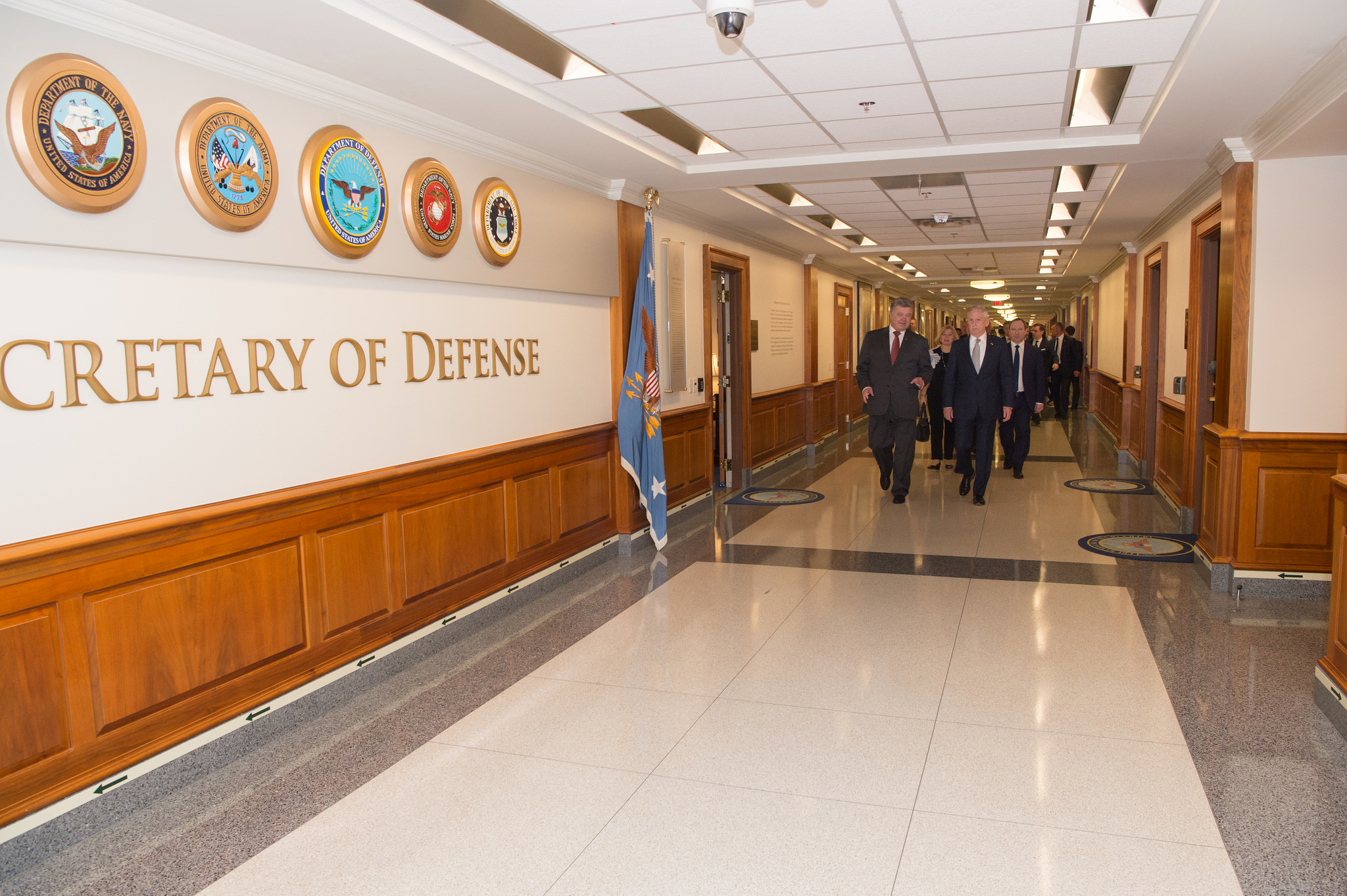By Cullen Hendrix for Denver Dialogues.
The Trump administration, having withdrawn the United States from the Joint Comprehensive Plan of Action last May, is threatening US trading partners over doing business with Iran and attempting to freeze Iran out of global oil markets. The attempted freeze-out began with the re-imposition of US sanctions against Iran and businesses operating there, and the Trump administration set November 4 as the target date for US allies to zero out their purchases of Iranian crude. With some arm-twisting, NATO allies like Turkey and Asian security partners South Korea and India have agreed to curb Iranian imports, though it will be difficult for India to zero out its Iranian imports. Fearful of being caught up by US sanctions, major European firms like Total, Allianz, and Maersk have begun winding down operations in Iran in advance of the November 4 deadline.
This whole episode reflects a fundamental misunderstanding, on the part of the Trump administration, of both the conditions under which sanctions can hope to be successful in winning policy concessions and the geopolitical realities of pursuing said course of action.
Recently, I argued that these renewed sanctions against Iran will be ineffective, and indirectly strengthen the hands of China and Russia. The gist of the argument is pretty simple: the US can strong arm allies all it wants, but as long as China—the world’s largest importer of crude—and Russia are not on board, all the sanctions will do is make Iran more dependent on the Chinese market and Russian investment. And China is, most definitely, not on board: China has shifted to using Iranian oil tankers to ferry its crude purchases from Iran, so as to insulate themselves from shipping firms eager to avoid US sanctions. This round of sanctions cannot hope to achieve the stranglehold UN sanctions affected on Iraqi crude exports in the 1990s. At that time, the United States had a much larger share of the import market and other major importers were behind the regime. The current reality is much different.
Beyond the effectiveness (or lack thereof) of the sanctions themselves are the geopolitical implications, which are straightforward. One would be hard pressed to identify a course of action that would be more likely to push Iran further into the sphere of China and Russia. The Joint Comprehensive Plan, which eased sanctions for Iran eliminating its stockpile of enriched uranium and putting in place a moratorium on creating heavy-water facilities, was part of a much more comprehensive attempt to increase linkages between Iran and the West. This would give the Iranian regime an economic incentive to moderate its ambitions in the Middle East and its sponsorship of violent non-state actors. This strategy was straightforwardly Kantian in its logic, and predicated in a foreign policy that viewed US-Iran relations as embedded in a suite of other foreign policy concerns.
The return to a strong sanctions regime? Not so much. Cut off from Western investment opportunities, Iran will be forced to rely more and more on China and Russia for export markets and investment, respectively. And as China becomes more dependent on Iranian crude imports, its security interests will naturally follow. Dependence on energy imports has exerted a profound influence on US foreign policy since World War II, and the distribution of its security assets in large part reflects this. Essentially forcing Iran to deepen its ties with China ensures that China will increasingly see the Persian Gulf and Indian Ocean as central to its security interests, deepening incentives to extend its “String of Pearls” in the Indian Ocean. These developments, coupled with the United States’ hardball tactics regarding Iranian crude purchases, will not sit well with Indian policymakers.
Breaking (once again) with Obama administration-era policy, the Trump administration is aggressively pursuing a sanctions-based approach to Iran. It won’t work—and the geopolitical implications are both wide-ranging and uniformly negative for US interests in the Middle East and Indian Ocean.







